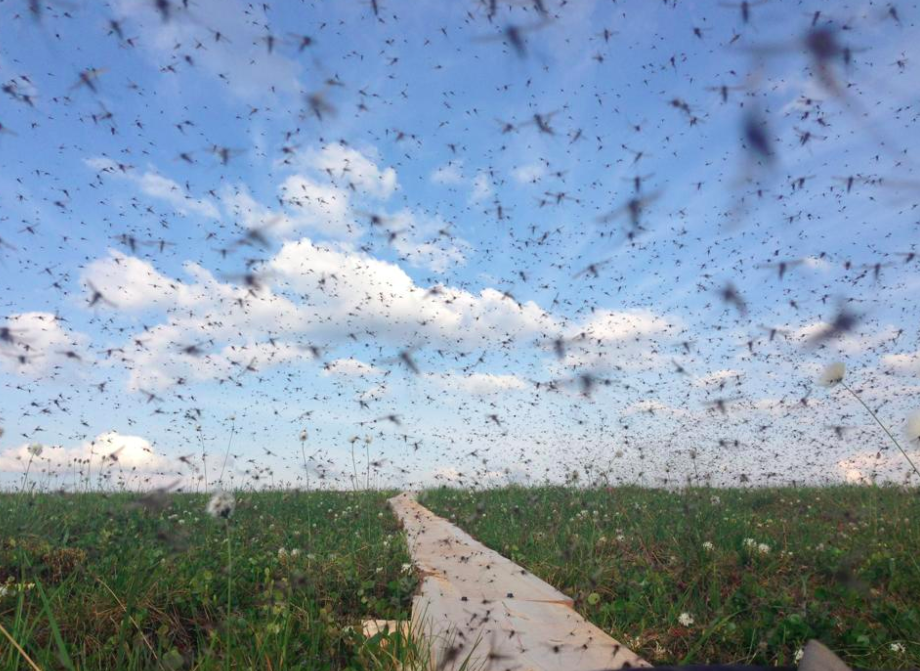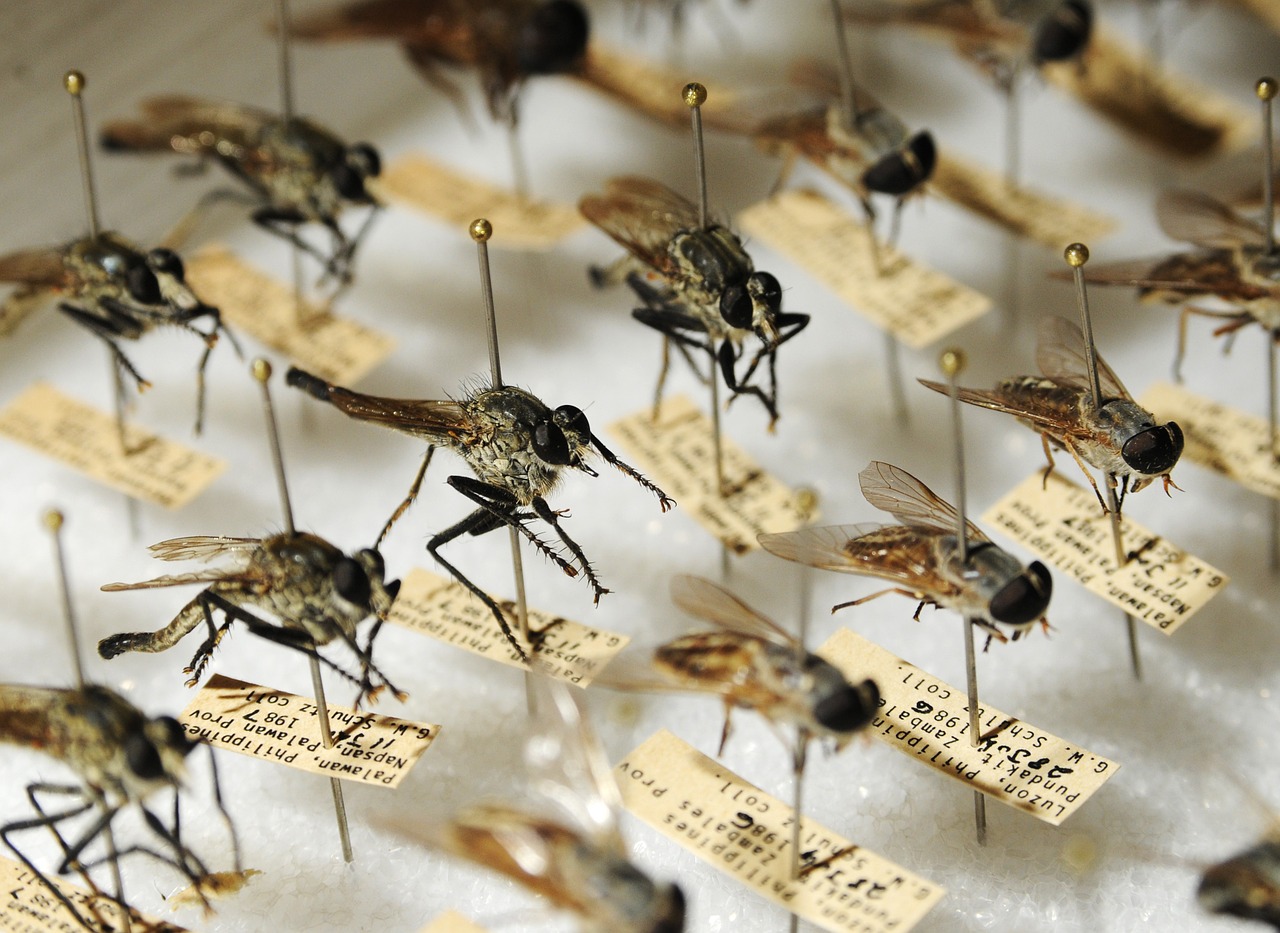The Perfectly Logical Reasoning Behind California's 20 Million More Mosquitoes This Summer

By:
A Google company called Verily is releasing millions of mosquitoes into two key neighborhoods in Fresno, California, over the next 20 weeks.
 Mosquitoes
Mosquitoes
Why would anyone do such a horrific thing?
Turns out, these mosquitoes are the good guys. Born in a hi-tech breeding lab by an autonomous mosquito-making robot, these bugs apparently don't bite. And according to the scientists behind the project, humans are not their target.
Instead, these all-male mosquitoes are being released to mate with disease-carrying female mosquitoes that have been plaguing the region since 2013. This sounds insane, of course, because mating usually increases populations, right? Well, not this time.
Verily's male mosquitoes were injected with a bacteria called Wolbachia. While it's harmless to humans, the bacteria can have an interesting effect on some insects.
 Skeeze via Pixabay - pixabay.com
Skeeze via Pixabay - pixabay.com
"When a Wolbachia-carrying male mates with a wild, local female, none of their offspring will be able to hatch," Wired explained.
If enough of these Wolbachia-carrying males can mate with the female mosquitoes that are responsible for spreading Zika, dengue fever, yellow fever, and more, scientists think this can greatly reduce their population over time.
"At this scale you’re starting to get into the level where you can actually have an epidemiological impact on disease transmission," University of Kentucky entomologist Stephen Dobson told Wired.
Here's why we want to get rid of these bugs:
This robot-bred army of male mosquitoes is specifically out to get the Aedes Aegypti species, which arrived in California in 2013.
"This invasive species has really changed everything about mosquitoes in California," Steve Mulligan, abatement district director, told Wired.
"They’re expanding ranges, and they don’t respond well to conventional control methods. When you add that along with emerging diseases it’s a real challenge," he added.
To control their expansion — each week for 20 weeks — 1 million mosquitoes will be released through trucks driving up and down the Fresno county region. Verily's project, and collaborative efforts from MosquitoMate and the Consolidated Mosquito Abatement District (CMAD), is the largest scale experiment of mosquito population control to launch in California.
Climate change's effect on the mosquito population.
When the Zika virus started to erupt throughout South America, Mexico, Puerto Rico and Florida, climate change scientists started to draw a line between the spread of Zika and the warming climate.
That's because hot and humid weather makes for a mosquito's playground. And as "the climate warms and humidity increases across the nation, the risk of mosquito-borne diseases, like Zika, is becoming more prevalent for Americans," according to a research report by Climate Central. The report found that mosquito seasons are growing longer. "More than 20 major U.S. cities have ideal climate conditions for mosquitoes at least 200 days each year," according to the report. That's been the biggest increase to the average number of days in one mosquito season since the 1980s.
And it's not just the warming climate. Increased rainfall can also create ideal conditions for Zika to spread.
"In addition, projections for more heavy downpours in the U.S. and globally may also increase the threat from Zika. Intense rainfall can create pools of standing water on the ground, which are ideal for mosquito breeding," the report also found.
If all goes well with Verily's project, the spread of Zika, and other deadly diseases, can be prevented in California by controlling the aedes aegypti population. But that still leaves the threat from warming temperatures in the air, so to speak. Here's to looking at you, climate scientists.
